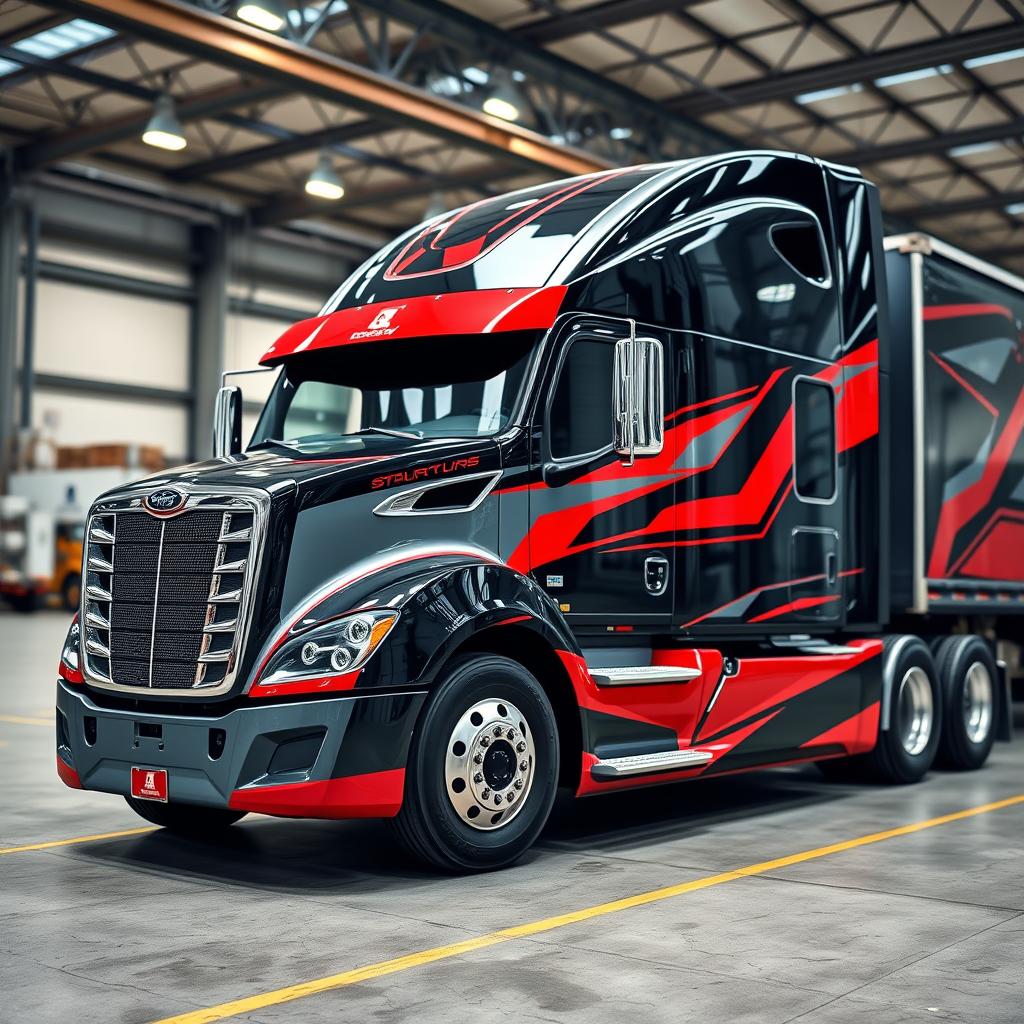Best Financing Options for Trucking Startups
Starting a trucking business can be an exciting yet challenging venture, particularly when it comes to securing initial funding. Understanding the various financing options for trucking startups is crucial for success in this competitive industry. Whether you’re planning to start with a single truck or build a fleet, choosing the right financing solution can make or break your business venture.
Understanding Your Initial Investment Needs
Before diving into specific financing options, it’s essential to calculate your startup costs accurately. A typical trucking startup requires investment in several key areas:
• Commercial trucks and trailers
• Insurance and licensing fees
• Fuel and maintenance reserves
• Operating permits and certifications
• Working capital for initial operations
According to the American Trucking Associations, the initial investment for a single-truck operation can range from $75,000 to $175,000, depending on whether you’re purchasing new or used equipment.
Traditional Bank Loans for Trucking Businesses
Traditional bank loans remain one of the most common financing options for trucking startups. These loans typically offer:
Advantages:
• Lower interest rates compared to alternative financing
• Longer repayment terms
• Building business credit history
• Potential tax benefits
Requirements:
• Strong personal credit score (usually 680+)
• Detailed business plan
• Collateral
• Down payment (typically 10-20%)
• Financial projections
SBA Loans for Trucking Companies
The Small Business Administration (SBA) offers several loan programs that can be particularly beneficial for trucking startups:
• SBA 7(a) loans
• CDC/504 loans
• Microloans
These government-backed loans often feature more favorable terms and lower down payment requirements than conventional bank loans.
Equipment Financing and Leasing Options
Equipment financing is specifically designed for purchasing trucks and trailers. This option allows you to:
• Finance up to 100% of equipment value
• Use the equipment as collateral
• Benefit from potential tax advantages
• Build equity in your assets
Types of Equipment Financing:
1. Equipment Loans:
– Fixed monthly payments
– Ownership of equipment after loan payoff
– Typical terms of 3-7 years
2. Equipment Leasing:
– Lower monthly payments
– Option to upgrade equipment regularly
– Less initial capital required
– Operating vs. capital lease options
Alternative Financing Solutions
When traditional financing isn’t accessible, consider these alternatives:
Invoice Factoring
This option allows you to sell your accounts receivable at a discount to receive immediate cash flow. Benefits include:
• Quick access to working capital
• No debt accumulation
• Less emphasis on credit scores
• Flexible funding based on revenue
Merchant Cash Advances
While typically more expensive, MCAs provide:
• Rapid funding
• Less stringent requirements
• Flexible repayment based on revenue
• No collateral needed
Commercial Financing Programs for Trucking
Several manufacturers and dealers offer specialized financing programs:
• Low or zero down payment options
• Competitive interest rates
• Flexible payment schedules
• Maintenance packages
• Extended warranties
These programs often come with relationships with major truck manufacturers and can provide valuable industry insights and support.
Tips for Securing Financing
To improve your chances of securing favorable financing:
1. Prepare a Comprehensive Business Plan
• Include detailed market analysis
• Financial projections
• Operating procedures
• Marketing strategy
2. Improve Your Credit Score
• Review and correct credit reports
• Reduce existing debt
• Maintain timely payments
• Keep credit utilization low
3. Gather Required Documentation
• Tax returns
• Financial statements
• Licenses and permits
• Insurance documentation
• CDL certification
4. Consider Starting Small
• Begin with one truck
• Build credit history
• Establish business relationships
• Prove business model viability
Risk Management and Financial Planning
Successful financing requires careful risk management:
• Maintain adequate insurance coverage
• Build emergency funds
• Monitor cash flow regularly
• Develop relationships with multiple financing sources
• Create contingency plans for economic downturns
It’s also crucial to work with experienced financial advisors who understand the trucking industry’s unique challenges and opportunities.
Conclusion
Selecting the right financing options for your trucking startup requires careful consideration of various factors, including your credit situation, available collateral, and business goals. While the process may seem overwhelming, understanding your options and preparing thoroughly can significantly increase your chances of success.
Ready to take the next step in financing your trucking startup? Our team of experienced financial advisors specializes in the transportation industry and can help you navigate the various financing options available. Contact us today at +1 513 7884050 to schedule a consultation and develop a customized financing strategy for your trucking business.
Remember, choosing the right financing option is just the beginning – proper financial management and strategic planning will help ensure your trucking business’s long-term success. Don’t wait to start your journey toward business ownership – reach out now to explore your financing options and begin building your trucking empire.







